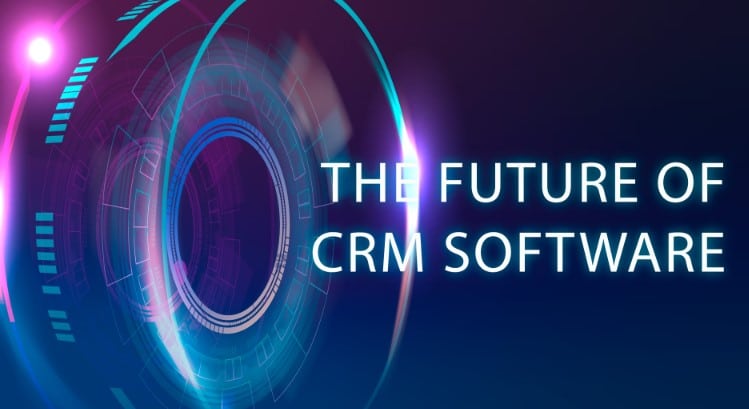In this digital age, businesses are continually looking for ways to streamline their processes, enhance their customer experience, and increase their sales. Customer Relationship Management (CRM) software has been a game-changer in achieving these goals. However, with the constant evolution of technology, the future of CRM software is even more promising. In this article, we will explore the future of CRM software and how it will impact your business.
What is CRM Software?
CRM software is a tool that allows businesses to manage their interactions with customers and potential customers. It provides a 360-degree view of customer behavior, preferences, and engagement history. CRM software enables businesses to improve their customer experience by tailoring their marketing, sales, and support strategies to the needs of their customers.
Current State of CRM Software
Currently, CRM software is mainly focused on data collection and analysis. It helps businesses to keep track of customer interactions and identify patterns in customer behavior. However, the future of CRM software will be more focused on personalization and automation.
The Future of CRM Software
1. Artificial Intelligence (AI)
The future of CRM software will be heavily influenced by artificial intelligence. AI will enable businesses to automate various processes, such as lead generation, customer segmentation, and personalization. With AI, businesses can analyze customer data in real-time and provide personalized recommendations based on their behavior.
2. Virtual and Augmented Reality (VR and AR)
Virtual and Augmented Reality will revolutionize the way businesses interact with their customers. They will provide an immersive experience that allows customers to visualize products and services. VR and AR can also be used in training and support, reducing the need for physical presence.
3. Internet of Things (IoT)
The Internet of Things will allow businesses to collect data from various devices and sensors, such as smartwatches and home appliances. This data can be used to create a more personalized experience for customers.
4. Chatbots
Chatbots are AI-powered software that can simulate human conversations with customers. They can be integrated into CRM software to provide quick and personalized responses to customer inquiries. Chatbots can also be used to automate repetitive tasks, such as data entry and appointment scheduling.
How CRM Software Will Impact Your Business
The future of CRM software will enable businesses to provide a more personalized and efficient experience for their customers. By automating various processes and using AI, businesses can provide tailored recommendations and support, increasing customer loyalty and retention. Furthermore, the use of VR, AR, and IoT will allow businesses to provide an immersive and seamless experience for their customers, enhancing the overall customer experience.
Conclusion
CRM software has already transformed the way businesses manage their interactions with customers, and the future of CRM software is even more promising. With the use of artificial intelligence, virtual and augmented reality, the Internet of Things, and chatbots, businesses can provide a more personalized and efficient experience for their customers. By embracing these new technologies, businesses can gain a competitive advantage in the market and increase customer loyalty and sales.
FAQs
- Data security and privacy are critical concerns when using CRM software. Businesses can ensure data security by implementing measures such as encryption, access controls, and regular data backups. They can also ensure privacy by obtaining customer consent before collecting and using their data and complying with applicable data protection laws.
- Many businesses across various industries have successfully implemented CRM software and seen positive results. For example, the healthcare industry has used CRM software to manage patient information and provide personalized care, while the education industry has used it to manage student information and improve communication with parents.
- Yes, CRM software can be used in industries beyond sales and marketing. For example, it can be used in healthcare to manage patient information and provide personalized care, or in education to manage student information and improve communication with parents.
- When choosing the right CRM software for their needs, businesses should consider factors such as their budget, the features they require, the size of their business, and the level of customization they need. They should also read reviews and compare different options before making a decision.
- Some common challenges businesses may face when implementing CRM software include resistance to change, data migration issues, and user adoption. To overcome these challenges, businesses should communicate the benefits of the software to their employees, plan the implementation carefully, and provide adequate training and support to users.
Read More :
